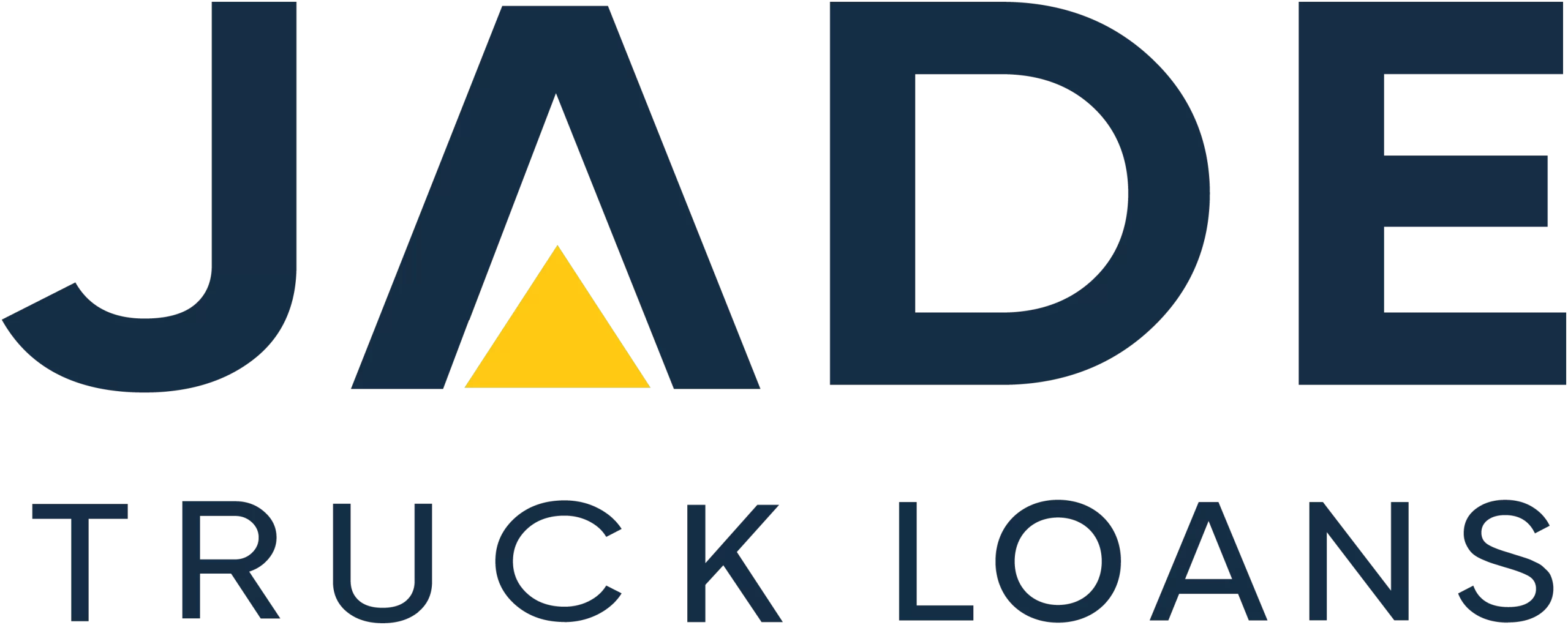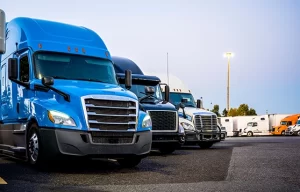When deciding which particular type of finance product to select for a truck purchase, business operators have many factors to consider. The selection of truck loan products includes Chattel Mortgage, Truck Lease, Commercial Hire Purchase and Rent-to-Own. While the focus is very much on achieving the cheapest interest rate and the cheapest overall loan, a broader view of the overall financial objectives of the business should be assessed.
As a broker-style lender, our primary focus is on negotiating the most competitive interest rates and securing the most cost-effective loans based on the preferences outlined by our customers. While we recommend that our customers engage in discussions with their accountants, financial officers, or finance advisors to determine the most suitable loan product for their specific business needs, it is also beneficial for business owners and operators to possess a fundamental understanding of how different loan products align with their objectives.
For business owners who are conscious of their business balance sheet, opting for a truck lease could be a preferable loan product for financing a new truck acquisition. The characteristics and resulting advantages of leasing are often perceived to positively impact the appearance of a business's balance sheet. This can be particularly advantageous for certain operators.
We elucidate how this phenomenon occurs and outline the distinctions between Truck Lease and another popular form of truck finance, Chattel Mortgage.
Focus on Truck Lease
Truck Lease finances or Leasing is a widely-used form of business finance for acquiring assets such as motor vehicles, equipment and of course trucks. This form of finance allows for a business to acquire a truck with finance while not having the potential burden of the liability of an asset loan of that size appear on their balance sheet. The buyer repays the finance in monthly lease payments.
The timing of when Lease may be the preferred form of finance may also affect the decision. Where a business is as far as growth, start-up etc can be a consideration. The accounting method used by the business is also a determining factor in deciding which truck loan type is selected.
Balance Sheet Benefits
The issue around finance and the business balance sheet relates to the ownership of the truck over the finance period. Essentially, if the business owns the vehicle then it is listed or posted to the business balance sheet. If the business does not have ownership of the vehicle, then the vehicle is not posted to the balance sheet.
So how can the business acquire a truck without taking ownership? With a Truck Lease. With this form of finance, the ownership of the vehicle remains with the lender over the lease term rather than being transferred to the business at settlement.
With the ownership of the vehicle with the lender and not with the business/borrower, the asset being the truck is not posted to the business balance sheet. In finance and accounting fields this is commonly referred to as ‘improving the appearance’ of the business balance sheet.
But not having actual ownership does not deprive the business from full use of the vehicle. From the time of settlement of the truck lease, the business has full use of the truck and is responsible for all the associated ongoing expenses – rego, insurance, maintenance and running costs. And of course the lease payments.
When all the lease payments and the residual is finalised, at that point, the lender transfers ownership to the business. At that point the truck would be posted to the balance sheet as an asset. But by that time, the truck loan would be fully paid out and as such, not attract a liability in finance on the other side of the balance sheet. The objective of keeping the balance sheet as required is achieved through the finance period.
Comparison: Lease v Chattel Mortgage
The difference can best be illustrated with a comparison with Chattel Mortgage. With Chattel Mortgage for truck & trailer financing at the point of settlement, the business truck buyer takes ownership of the vehicle. As such this asset appears on their balance sheet along with the liability being the truck loan.
Each year the truck asset is depreciated which reduces the liability side of the balance sheet. By having the truck asset listed on the balance sheet, this allows the business to utilise accelerated asset depreciation tax measures where and when applicable. Currently these include IAWO and temporary full expensing. Leasing is not seen as suitable for these tax measures.
Which is best? That is a question for individual business operators in conjunction with the financial advisors to decide. The rationale behind such a decision will depend on the individual financial objectives and circumstances.
Tax Deductibility of Truck Lease
While Leasing does not allow the asset to be depreciated and accelerated asset depreciated measures realised, this form of finance does still offer tax deductions to the business. The monthly lease payments including interest payable on the loan are considered as a business expense and tax deductible.
GST is applied to the lease payments and claimed according to the BAS schedule.
Considering Lease Option
For those considering Truck Lease as a viable finance option, refer to our Interest Rate Comparison or Truck Loan Calculator to work up possible repayment estimates on the truck being considered.
Whatever the type and size of business and the vehicles being purchased, Truck Lease may present a very attractive finance product.
Contact Jade Truck Loans on 1300 000 003 to discuss new truck leasing.
DISCLAIMER: THIS INFORMATION IS ISSUED PURELY FOR THE PURPOSE OF GENERAL INFORMATION PROVISION. IT IS NOT TO BE TAKEN AS THE ONLY SOURCE OF INFORMATION FOR BASING FINANCIAL DECISION-MAKING. THOSE REQUIRING FINANCIAL GUIDANCE AND ADVICE SHOULD CONSULT WITH THEIR FINANCIAL CONSULTANT OR ADVISOR. NO LIABILITY IS ACCEPTED FOR ANY MISREPRESENTATION OF POLICIES, DATA OR ERRORS IN THIS CONTENT.


